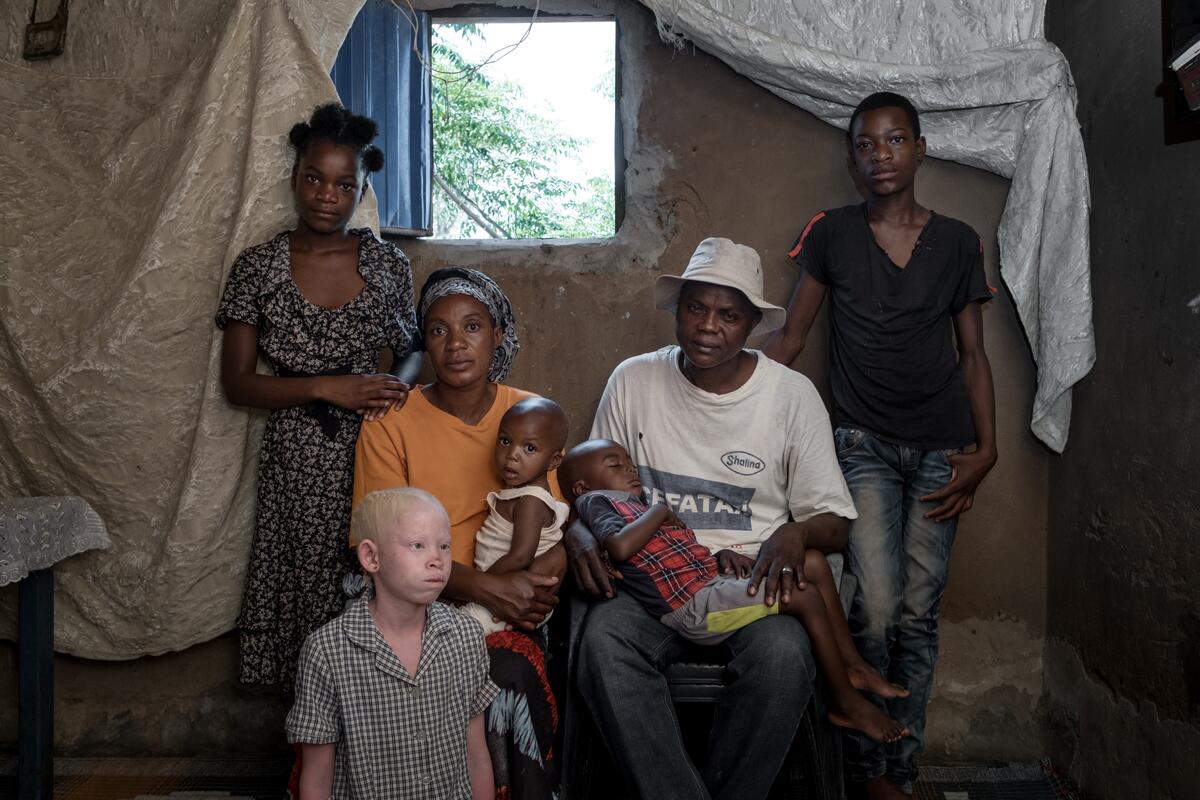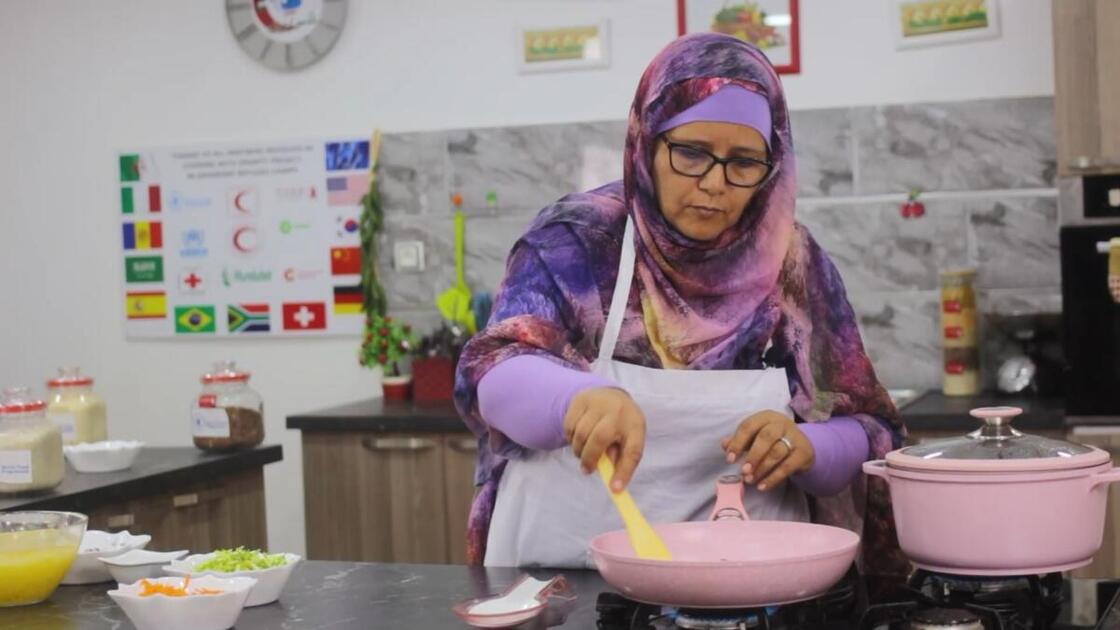WFP food cuts threaten tens of thousands of Syrian families, UNHCR warns
WFP food cuts threaten tens of thousands of Syrian families, UNHCR warns

GENEVA, December 1 (UNHCR) - The UN refugee agency today called for urgent international support to the World Food Programme (WFP), which has been forced to suspend food assistance for more than 1.7 million Syrian refugees because of a funding crisis.
"This couldn't come at a worse time," said UN High Commissioner for Refugees António Guterres. "Winter is already an extremely difficult period for Syrian refugees, but the suspension of food assistance at this critical juncture is going to be devastating. It will impact tens of thousands of the most vulnerable refugee families who are almost entirely dependent on international aid. I urgently appeal to the international community - support WFP now, don't let refugees go hungry. "
Earlier in Rome, WFP Executive Director Ertharin Cousin said the agency's Syria emergency operations were in critical need of funding, including US$64 million in December alone for refugee food assistance in host countries surrounding the war-torn nation. Since the Syrian conflict erupted in 2011, WFP has met the food needs of up to 1.8 million refugees in Lebanon, Jordan, Turkey, Iraq and Egypt.
If new funding arrives, WFP said it could immediately resume assistance for Syrian refugees through an electronic voucher system that enables them to buy food in local shops.
The food aid suspension could be particularly devastating in Lebanon, where more than 1.1 million Syrian refugees - one-quarter of the country's population - are scattered across some 1,700 communities. There are no formal camps, and many of the refugees live in makeshift settlements, sheds, garages and unfinished buildings.
While WFP is responsible for food assistance, UNHCR is currently carrying out a US$56 million winter operation in Lebanon aimed at helping some 132,000 refugee households (660,000 people) to get through the cold season. It includes distribution of shelter weatherproofing kits, stoves, blankets and cash vouchers for the purchase of fuel and other items that families need to stay as warm and dry as possible through the winter. Across the region, UNHCR has invested US$102 million to help Syrian refugees survive the winter.
"WFP's food assistance is obviously central to the overall humanitarian effort for Syrian refugees," Guterres said. "It must be funded."









